In today’s rapidly evolving educational landscape, staying abreast of the latest teaching and learning methods is essential for fostering a dynamic and effective learning environment. This comprehensive roundup delves into innovative teaching methods and educational strategies, offering valuable insights for educators seeking to enhance classroom engagement and for parents aiming to support their child’s educational journey. From exploring current methodologies to highlighting cutting-edge approaches that cater to diverse learners, this article provides a wealth of information. We also examine the integration of technology in teaching practices, the pivotal role of parental involvement, and future trends in pedagogy. Join us as we navigate these critical aspects to help you stay informed and empowered in your educational endeavors.
Join gameshoek.com as we delve deeper into this topic.
1. Overview of Current Teaching and Learning Methods
Understanding the foundation of current teaching and learning methods is crucial for any educational advancement. Traditional methods, such as lecture-based instruction and rote memorization, still hold a place in many classrooms due to their structured approach and ease of implementation. However, the shift towards more student-centered learning is increasingly evident. Active learning strategies, which include discussions, problem-solving activities, and collaborative projects, encourage deeper understanding and retention of knowledge.
Constructivist approaches, inspired by educational theorists like Piaget and Vygotsky, emphasize the importance of students constructing their own understanding through experiences and interactions. Additionally, differentiated instruction tailors teaching methods to meet the diverse needs of learners, ensuring that all students have access to meaningful educational opportunities.
Blended learning, which combines traditional face-to-face instruction with online learning, has gained popularity for its flexibility and ability to cater to individual learning paces. These methods collectively aim to create a more engaging and effective learning environment, preparing students to thrive in a complex and ever-changing world.
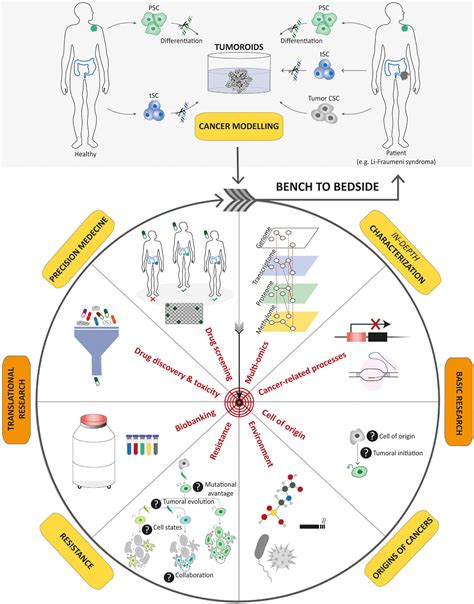
2. Innovative Approaches to Classroom Engagement
Innovative approaches to classroom engagement are essential for capturing students’ interest and enhancing their learning experience. One effective strategy is incorporating gamification into lessons. By integrating game-like elements such as points, badges, and leaderboards, teachers can motivate students to participate actively and enjoy the learning process.
Project-based learning (PBL) is another approach that promotes engagement by allowing students to work on real-world problems and projects over an extended period. This method encourages critical thinking, collaboration, and practical application of knowledge, making learning more meaningful and relevant.
Flipped classrooms are also gaining traction, where students watch instructional videos or complete readings at home and use class time for hands-on activities, discussions, and problem-solving. This model shifts the focus from passive reception of information to active, collaborative learning.
Additionally, the use of technology, such as interactive apps, virtual reality (VR), and augmented reality (AR), can create immersive and interactive learning experiences. These tools help bring abstract concepts to life and cater to various learning styles.
By embracing these innovative approaches, educators can create a more engaging and stimulating classroom environment, fostering a deeper connection to the material and enhancing overall student success.
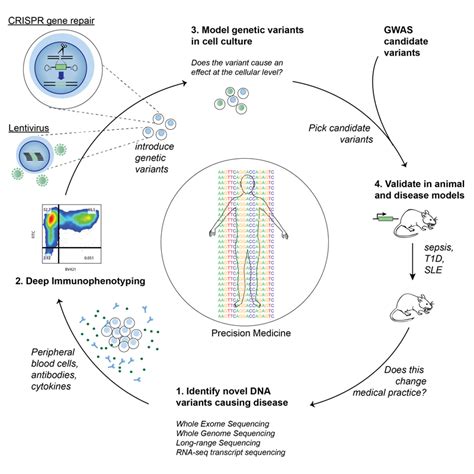
3. Effective Strategies for Diverse Learners
Addressing the diverse needs of learners is a critical aspect of modern education. Effective strategies for accommodating different learning styles and abilities include differentiated instruction, which involves tailoring teaching methods and materials to suit individual student needs. This approach ensures that all students, regardless of their abilities or backgrounds, have access to meaningful learning experiences.
Universal Design for Learning (UDL) is another key strategy, offering multiple means of representation, engagement, and expression to cater to a wide range of learners. By providing various ways for students to access information and demonstrate their understanding, UDL helps create an inclusive learning environment.
Culturally responsive teaching recognizes and values students’ cultural backgrounds, incorporating diverse perspectives and materials into the curriculum. This approach fosters a sense of belonging and relevance, helping students connect with the content.
Additionally, incorporating assistive technologies can support learners with disabilities. Tools such as speech-to-text software, audiobooks, and adaptive keyboards can significantly enhance accessibility and participation.
By implementing these strategies, educators can create a more inclusive and supportive classroom environment, ensuring that all students have the opportunity to succeed and thrive in their educational journey.
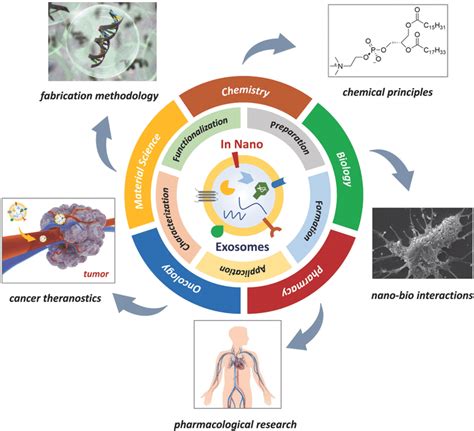
4. Integrating Technology in Teaching Practices
Integrating technology into teaching practices has revolutionized the educational landscape, offering new opportunities for enhancing learning and engagement. One significant way technology benefits education is through the use of interactive whiteboards and digital projectors, which allow for dynamic presentations and interactive lessons. These tools enable teachers to incorporate multimedia elements such as videos, animations, and interactive simulations, making lessons more engaging and accessible.
Learning management systems (LMS) like Google Classroom, Canvas, and Moodle provide a centralized platform for managing coursework, assignments, and communication. These systems facilitate a blended learning environment where students can access resources, submit assignments, and receive feedback online, fostering a more organized and efficient learning process.
Educational apps and software also play a crucial role in personalized learning. Programs like Khan Academy, Duolingo, and Mathletics offer tailored content and practice exercises that adapt to individual student needs and progress. This personalized approach helps reinforce learning and allows students to work at their own pace.
Virtual reality (VR) and augmented reality (AR) are emerging technologies that offer immersive learning experiences. VR can transport students to historical sites or inside the human body, providing experiential learning opportunities that were previously impossible. AR can overlay digital information onto the real world, enhancing interactive and hands-on learning experiences.
By effectively integrating these technologies, educators can create a more engaging, personalized, and effective learning environment that prepares students for the demands of the 21st century.
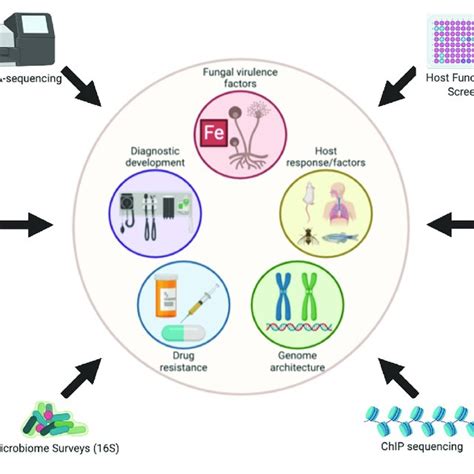
5. Parental Involvement and Support in Education
Parental involvement and support play a pivotal role in a child’s educational success. Active engagement from parents can significantly enhance a student’s motivation, behavior, and academic achievement. One effective way for parents to support their child’s education is by establishing a strong home-school connection. Regular communication with teachers through parent-teacher conferences, emails, and school portals ensures parents are informed about their child’s progress and any areas needing attention.
Creating a conducive learning environment at home is also crucial. Parents can set up a dedicated study area, establish a consistent homework routine, and provide necessary resources, fostering a sense of responsibility and focus in their children. Encouraging a positive attitude towards learning and education by showing interest in their school activities, discussing what they’ve learned, and celebrating their achievements reinforces the importance of education.
Involvement in school activities, such as volunteering for events, joining parent-teacher associations, and attending school functions, helps parents stay connected with the school community and understand the educational environment their child is part of.
Additionally, providing emotional support and encouragement boosts a child’s confidence and resilience, essential for overcoming academic challenges. By being actively involved, parents can help create a supportive and enriching educational experience, laying a strong foundation for their child’s future success.
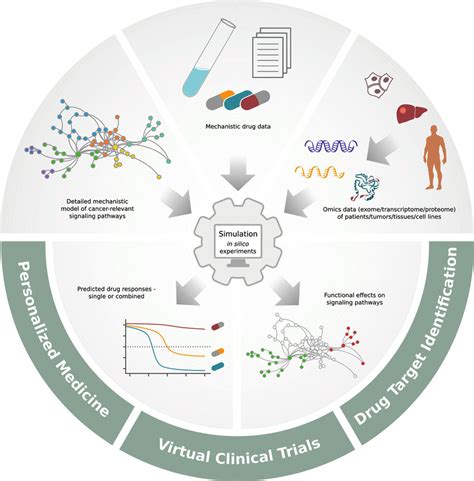
6. Future Trends in Pedagogical Approaches
The future of pedagogical approaches is set to be shaped by ongoing technological advancements and an increasing emphasis on personalized, student-centered learning. One significant trend is the rise of adaptive learning technologies. These platforms use artificial intelligence to tailor educational content to individual students’ needs, providing personalized learning paths that can adjust in real time based on performance and engagement.
Another emerging trend is the integration of augmented reality (AR) and virtual reality (VR) in the classroom. These immersive technologies can create highly engaging and interactive learning experiences, allowing students to explore complex concepts and environments in ways that traditional methods cannot match.
The focus on social-emotional learning (SEL) is also gaining traction, recognizing the importance of developing students’ emotional intelligence, resilience, and interpersonal skills alongside academic knowledge. SEL programs are becoming more prevalent, aiming to foster well-rounded individuals capable of thriving in diverse and dynamic environments.
Project-based learning (PBL) and experiential learning will continue to be key components of innovative pedagogy, promoting critical thinking, problem-solving, and real-world application of knowledge.
Furthermore, global collaboration and cross-cultural exchanges are expected to become more common, leveraging digital platforms to connect students and educators worldwide, fostering a global perspective and enhancing cultural competence. These trends collectively point towards a more personalized, engaging, and interconnected future for education.
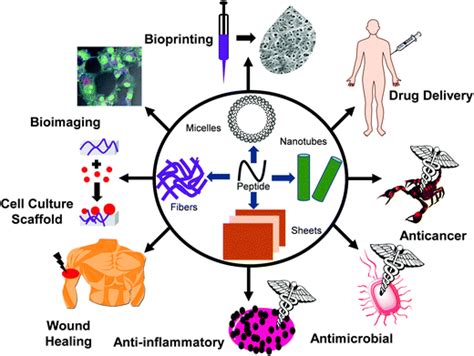
Incorporating innovative teaching methods and effective strategies is crucial for creating a dynamic and inclusive learning environment. By embracing current trends and technologies, educators can enhance classroom engagement, support diverse learners, and prepare students for future challenges. Staying informed and adaptable ensures that educational practices continue to evolve, fostering success and growth in students.
gameshoek.com
